Anna Brones Is Living A Curious Life
I enjoyed everything about this interview except writing the intro.
Hello to the midweek edition of Everything Is Amazing. This time round: a chat with one of the most curiosity-driven people I know.
By the way: if you enjoy this interview and want to publicly share a link to the Web version, please excitedly mash the button below:
I now have the daunting task of introducing Anna Brones to you.
She’s a writer, basically. About food, but also art, and travel too, and writing, and…um. She’s also an artist, in pretty much every way you might think. And a publisher of magazines and books. But also a documentary film producer. Oh, and a teacher. She’s Swedish-American and also a fluent Francophone and who knows what else, and - this is where I’m giving up. Sorry.
I have no idea how to describe Anna, but it’s a fact that her work has been featured in the New York Times, by the BBC, in the Guardian, Slate, Taproot Magazine, Fresh Cup, Bicycling, we could be here all day. You’ve encountered her work before now. Maybe you saw her Women’s Wisdom Project on your travels around the internet? Told you. Yep, that’s Anna.
Anna Brones is a true Renaissance woman - and the perfect super-accomplished person to chat to about applied curiosity, so I was delighted to (virtually) sit down with her this week and do that.
This interview was edited for clarity.
MS: So, over the last ten years, I've just been bewildered by your output, with the sheer amount of stuff that you've done. I mean, there was a period where I was checking in to see what you're up to, and oh look, she's got another bloody book out.
AB: *laughs*
MS: There was Hello Bicycle. There was Fika: The Art of the Swedish Coffee Break. There was Live Lagom. There was the book you did with Brendan Leonard - what's that called? Best Served Wild, right. And frankly - who knows what else. I mean, you seem to do just so many different things. For excellent career-based reasons, many people latch onto a particular idea, and then kind of carve that into their thing and then chase that for about a decade. But you seem curious about lots of different things and you pull them in, do a really good job of encapsulating them in a piece of work, and then off you go into something else. Why is that?
AB: Now, that's a nice way to spin it. But - I just get interested by something else. Abandon whatever I'm doing and don’t stick with anything. *laughs*
MS: But that was something that Leonardo da Vinci did. And [physicist] Richard Fenyman. They got very interested in something, and then would reach a point where their interest would plateau. And then they’d stop and go off and do something else - but always have it in their head, to connect together with something else later.
AB: I think it's largely a personality trait. And I think I've always done a variety of things and I think I will always continue to do so. The thought of just having one thing...I mean, even as papercutting has become more important in my work, I can sense that I don't want to adjust too much to that - I don't think I would do well in something where I was only doing the same thing all the time.
MS: So you need endings, and a kind of...seasonal infatuation with an idea.
AB: Yeah, kinda. I think I have a little bit of the bird with the sparkly object thing, because I just like to try things. My self-critique would be that I often have a hard time sticking with something, because it's easy to just pop to something else when you work for yourself. I can often find that difficult because when I was working for somebody else, x y and z would be my tasks. So now sometimes I can end up feeling like I don't have a lot of continuity, which I think is why it's been helpful to do the digital advent calendar, because I've done that for four years straight now, which feels like a really big commitment. I feel really proud of that.
MS: When I first met you in a virtual sense, we were both working for the same magazine - and that interests me too, because now you seem to prefer to do things as an independent creator rather than like a staff writer. Has that been a very conscious career choice from some point?
AB: I don't know. I have a lot of friends who work for themselves, and somehow I think like you kind of just fall into it a little bit? I don't know. Some people work for a long time in a corporate industry or whatever, and then find they're burnt out and fed up, and they decide to jump ship - and rely on a savings account where they made their corporate dollars. And that was never me. I always joke I should go get a corporate job for a while so that I can like, save up, and then decide I'm bored and then drop off. But I think when I was younger, I always felt very much not the type of person that had a 5 or 10 year plan. That just never felt like it was in the cards for me. And now I'm just always trying something new, going down this path, going down another path, and I just sort of ended up where you end up.
MS: But there is a kind of a thrill that comes with...what rightly terrifies quite a lot of people. If you do have a certain amount of uncertainty ahead of you, then some uncertainty can be the same thing as possibility.
AB: On good days it's exciting, and on bad days it's scary and depressing, what am I doing with my life and so on. The ebb and flow. And the only way to get through that is knowing that it's going to change.
MS: Right.
AB: The poet Rupi Kaur did a little writing prompt just on Instagram Stories right at the beginning of the year. And she said something which I'm gonna paraphrase: ‘uncertainty has always been there. We've just been too busy to notice it.’
MS: Absolutely.
AB: This last year for a lot of people has been really scary because of the uncertainty. And I think it's a reminder that we sort of live with an illusion of knowing what's going to happen, because I think even if you work a full time job for someone else, and have that job security, there's still an uncertainty to that. It's just that it's a bit more masked.
MS: I completely agree. This has been an enormous shake up. A lot of it is traumatic. But with every shakeup, there's always opportunity in the rebuilding stage.
AB: Yeah.
MS: So - how important is curiosity for the kind of work that you do? And how does it manifest itself in the work?
AB: It’s essential. Curiosity drives you to ask questions and seek answers, which ultimately is you learning, researching, developing, evolving. It’s just an essential part of who we are and how we show up, and I think that - in the moments that I don't feel great, it's usually the moments where I don't feel any sense of curiosity, or don't feel a drive to seek out something new. I think it's pretty important for anyone who does like some type of creative quote unquote work, obviously.
MS: *laughs*
AB: Yeah, I put the concept of creative work in quotation marks because it’s a reminder that everybody has to use creative thinking skills, whatever they do.
MS: Yeah, there's a little bit of, perhaps, imperialism that goes with [exaggerated flamboyance] “I'm a creative.”
AB: Yeah, we just have a myth surrounding it. So - I think when I've been really curious about something, it's probably when I usually produce my best work. I think curiosity also presents itself in a variety of ways. In the last year, I think for a lot of people, curiosity has been smaller. Pre-COVID, I probably would have said that my curiosity is fueled by travelling, being in new places. And now - I had a friend ask me the other day, “can you think of the last time that you didn't travel for a full year?” And it's been a long time. And so now curiosity is in, like, learning about the tides, or looking at the bark of a tree. And I think that is a challenge: to be able to find curiosity even with the most routine activities, and in the most well known places. Because it's really easy to be curious when you're in someplace entirely new, right?
MS: Totally. It’s a nonstop highlight reel.
AB: Exactly. To stay curious in your home surroundings is really hard, and takes work,
MS: We're also going to have a kind of fear of strangers. The writer Mark Manson mentioned this in his newsletter - FOGO is the new FOMO - the fear of going out and meeting people. Instead of meeting a stranger and wanting to close the gap, it's like we want to maintain the gap now. So we're going to have to relearn how to be curious about people in a new way, physically curious, I mean, about people. I guess there's going to be a period of relearning old habits, and we're all gonna be a bit traumatised for a while.
AB: I think the trick would be to relearn old habits, but with a new perspective. Because I think clearly what we were doing before was not working for us, in terms of our emotional and physical wellbeing. So I think it'll be interesting how we transition out of this. Travel is a good example of that. The first place that I want to go to is where I have friends and family. Whereas probably before, I mean, I always like visiting friends and family but I think before I would have had maybe a stronger pull towards something new and different. But now it feels like the people are really the most important thing. And that I need time with them. So before, like, travelling for work, I would have been really tempted to, if I'm travelling through somewhere, say oh I'll stay an extra day and then I'll go have coffee with so and so for half an hour. And that doesn't sound as compelling now. I want three days with that person. I want deep conversation and connection. And I just hope that we prioritise that.
MS: So, as somebody who is Swedish American, and has a foot in at least two worlds...well, I noticed your books are about translating things from a Swedish perspective over to an American or British audience. Do you feel like this is a time for more of that, an opportunity for those audiences to learn some stuff the way Scandinavians are doing things, to borrow these ideas?
AB: I was just looking at some new book releases upcoming, and there was a new book about a Dutch art of doing nothing? I firmly believe in the ideas behind it. Hell yes. But also I was like, isn't it fascinating that we need...a repeat of what we know, but packaged in a new way, and that’s how it's so much easier for us to get excited and curious about it?
MS: The appeal of the “exotic”.
AB: So it's like - instead of taking a look at our lives and realising, “okay to live well, I'm going to need to, you know, eat whole grains and vegetables but sometimes indulge in wine and cake but not all the time and I'm going to need to move my body, and I'm going to need to go on walks” and this whole approach to life which is fairly unsexy I guess, but it's sexy when it's in the form of a foreign word?
MS: Yeah…
AB: So, you know, I have written books on that and would certainly like to advocate for incorporating some of those elements. But...I just cringe a little bit when I see that stuff because it's almost like - we just want a magic pill when it comes down to it. Oh, if only I was doing this one thing, then everything will be fine. Whereas, actually we have to be doing most of the good things most of the time and just finding a balance in the everyday. But that's not really a sellable book title.
MS: Getting rid of clutter versus the Marie Kondo method, and so on.
AB: I understand why we gravitate towards that stuff. We're always seeking something, whether that's a way to be healthier, or a way to be more creative, or a way to be more productive at work, and we're always just sort of navigating forwards like that. So it attracts our attention - oh, have I missed something,is somebody else doing something better than me and did I miss it and do I just need to incorporate that? Yeah.
MS: Always.
AB: I've thought about that with the concept of friluftsliv, which directly translates to "free air life" or "open air life." The word is used in Norwegian and Swedish, and speaks to a connection between humans and nature. While these countries certainly have a special approach to the outdoors, it's also not just a special Scandinavian thing. It is about going outside, connecting with nature, having the outdoors be a part of a regular routine, which is a natural human thing to do. Spend time outside, and when it's raining, well, put on a rain jacket, and go outside anyway. And I think it's so interesting that we constantly repackage stuff, instead of taking an actual deep look at our own lives and addressing what would make us feel better. It’s also very individually focused. It is very much about like what I can do to better myself, not what I can do to better serve my community, what we can do together to move forward - and that imbalance is to our detriment.
MS: Well, it's presented as self help, I guess. That's the industry it's fitting into, the mechanics it’s using. So a different focus...maybe there needs to be a new term for that. It's like social help or - community help?
AB: Yeah. I mean, I get it. The argument would be that we can't show up for other people if we are not ourselves doing well. And I think in the last year, people are struggling, mental health problems are skyrocketing and we are all suffering. Even when we are in a privileged situation, this has an impact. But I think to then only focus on our own individual wellness isn't doing anything to move us forward as a society.
MS: So what was the last thing you became, shall we say, worryingly obsessed with, like the point where you realise that you're so far down the rabbit hole of wow this is so cool that when you come up for daylight, people are looking at you in a strange way?
AB: I don't actually think I have that type of a personality. I am always kind of a generalist, so I pretty rarely do full deep dives. I wouldn't consider myself a detail oriented person. I like I'm much more of a bigger-ideas, gonna-do-things-quickly approach. My husband and I always joked that things are TBTC: too big, too complicated.
MS: I love books in this way, for deep diving. I’d argue most of everyone was able to focus on reading a book quite easily before the internet and it wasn't a big thing, but now books are this attention-focusing tool for us all and it's like, oh my god you sat through a whole book. So I love how they introduce you to an ecosystem of ideas and you slow down and stay in it for a while.
AB: And I think we could all benefit from that too, because - we sort of have this cultural expectation that we're going to do all of the things, and be good at all of them. But to do things well, or to be interested in them, requires identifying some things that you're not going to spend your time doing, because you can't do everything. It is physically impossible to read all the books, it is physically impossible to have all of the hobbies...
MS: Lalala I’m not listening.
AB: *laughs* I know you're putting your fingers in your ears because you want to do everything. We all want to do everything. But we just can't. I think about this a lot with art. And the internet and Instagram in particular has fueled this idea that you can just be constantly churning out stuff and making things, and then it's easy to feel like, oh I haven't created anything in a week and what am I doing, I'm worthless. And maybe we follow certain people who seem to be making stuff all the time. I've had people say that to me, and I don't feel like I'm that way, but maybe that's how people view the things that I put into the world. But that just causes a very unrealistic expectation, where all that stuff is very outcome-driven. So in terms of curiosity, 75% of that whole creative process is in the non-production: being curious about something, asking the questions, seeking out the answers, researching, talking to people, reading stuff, whatever. And then at the end, there is making the connection between the ideas and coming up with something new and then maybe writing or creating artwork. But all we see is that end part.
MS: And social media, too. You're encouraged to photograph the thing, or write about the thing, and get it up there as quick as possible. Whereas, what you could be doing as a curious person who connects things together is - taking it and processing it properly. Sitting with the question, as my friend Jonny Miller says.
AB: Yes.
MS: So, loaded question: who inspires you? Who gets you itching to try something new?
AB: I mean, I have a friend that I met at a film festival a couple years ago. She lives in Germany, her name is Paula. She has this creative brain that I just am so inspired by, and we also have a lot of very similar interests and end up down the rabbit-hole on similar things. Yeah, I love the stuff that she does, and the way that she makes me think, so that's kind of a personal connection.
MS: I remember you enjoyed Jenny Odell’s How To Do Nothing?
AB: Yes. And I really like Twyla Tharp’s book. What was it called? *pulls book down from shelf* The Creative Habit...
MS: Just admiring your bookcase there. It’s the worst thing about living out of a backpack right now, I really miss physical books.
AB: I love them. But the more that I read this kind of stuff, the more I find...the answers are actually quite simple, but putting them into practice is difficult, because it requires regular routine work.
MS: Absolutely.
AB: I've never found something that is a truly revolutionary new and different thing. Sometimes it's somebody asking a question that challenges you to rethink something in a different way, but ultimately the ideas at their core are the same. But we need to continue to learn these lessons, which is why this stuff still works. We keep coming back to them because they're so hard to put into practice.
MS: If curiosity does drive us to such an enormous extent, I guess we need a certain amount of novelty even in the things we're doing every day. If you're doing the same thing every day and in the same way every day...
AB: Right - and that’s the difference between routine and ritual and rut. They all have similar aspects to them, but then they're all quite different. Routine is something you do regularly, like every time you eat breakfast. But - a ritual is something that you do routinely, but with an extra level of intention to it, like lighting a candle before you do a yoga practice - so there's that ritual, using the candle to tell your body, okay like I'm now in yoga practice and my mind and my body are just going to connect this way. And then a rut is like the routine that you continually do over and over again, but don’t want to, and can’t break out of.
MS: Right.
AB: And those things are interesting because they're all really the same thing. It's just doing something over and over again - but it’s really about how you look at that thing. That changes whether or not it feels like a rut and is holding you back, or if you're able to do that routine thing with a curious mindset that allows you to like explore the boundaries of it.
MS: So it's the same thing, but you can change the way that you interpret it and how you react to it and the meaning you're attached to it. That’s a timely reminder, yes.
AB: It really is.
MS: Thanks for this chat, it’s been great. I'll do some light edits to the transcript if that’s ok: for example, you know, when you said, “Hi Mike, it’s Anna here” I might change that to “please subscribe to Mike's awesome newsletter.” Stuff like that.
AB: I’m hanging up now, Mike.
MS: Thanks, Anna!
I firmly recommend you sign up to Anna’s monthly Creative Fuel newsletter here - and you can get more of her brilliance by signing up to her Patreon.

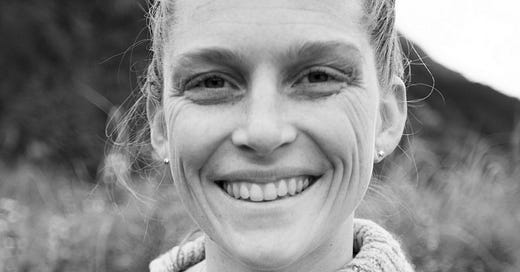



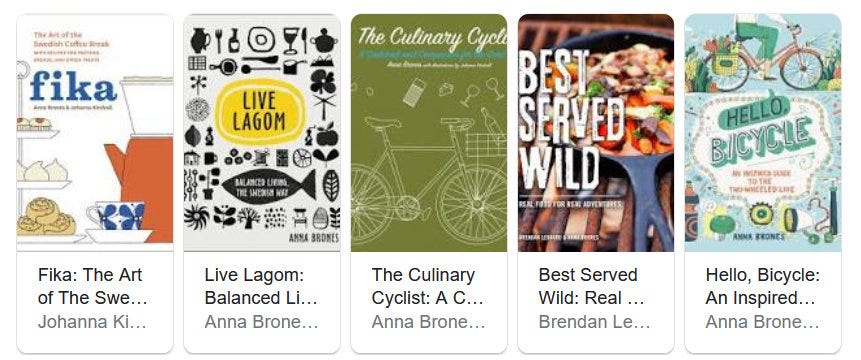
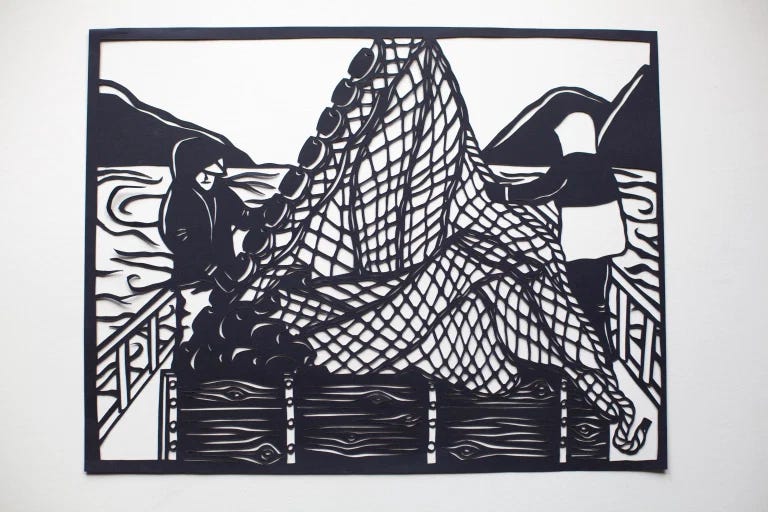
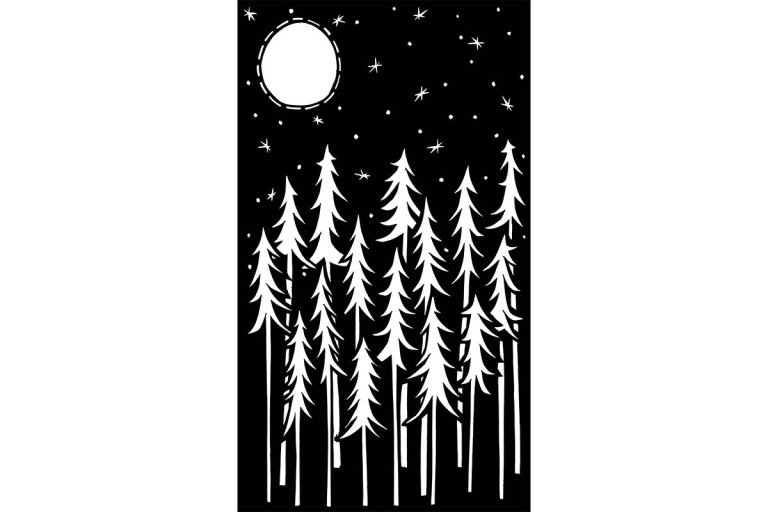
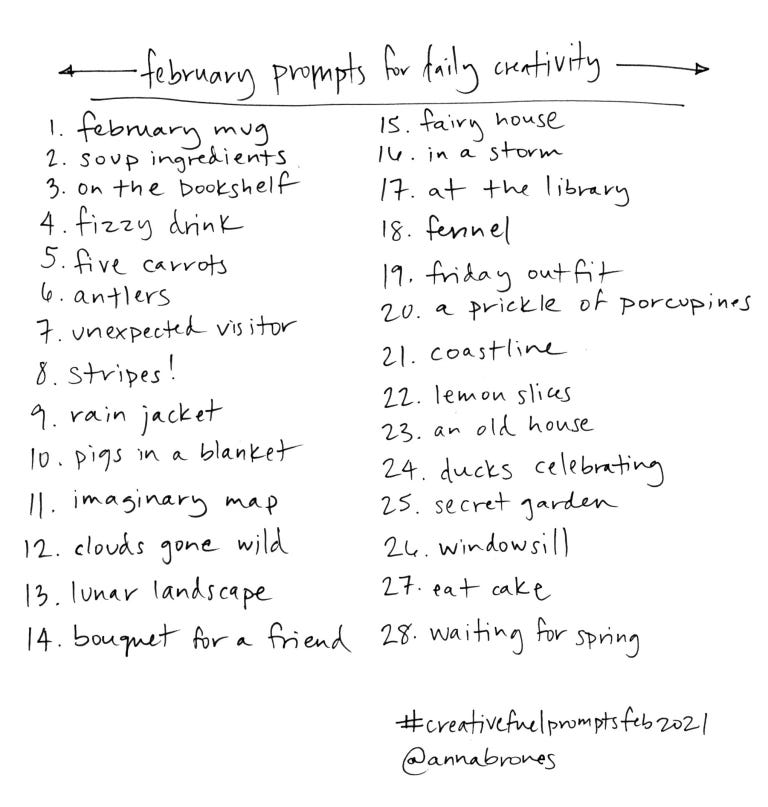
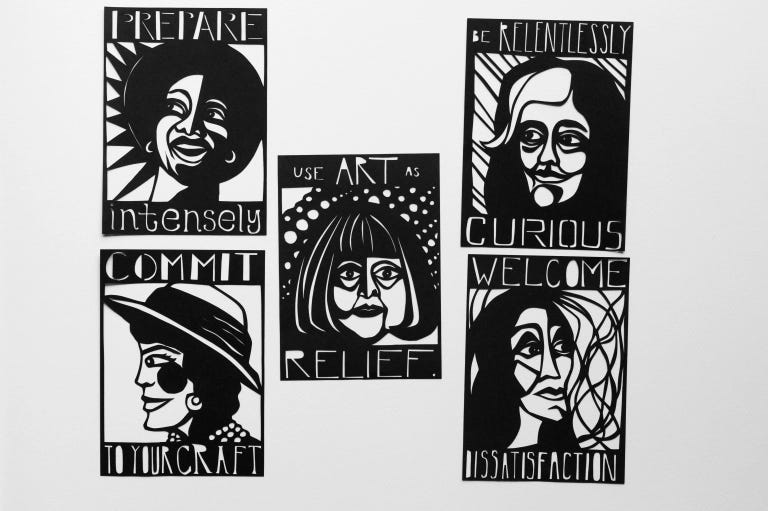
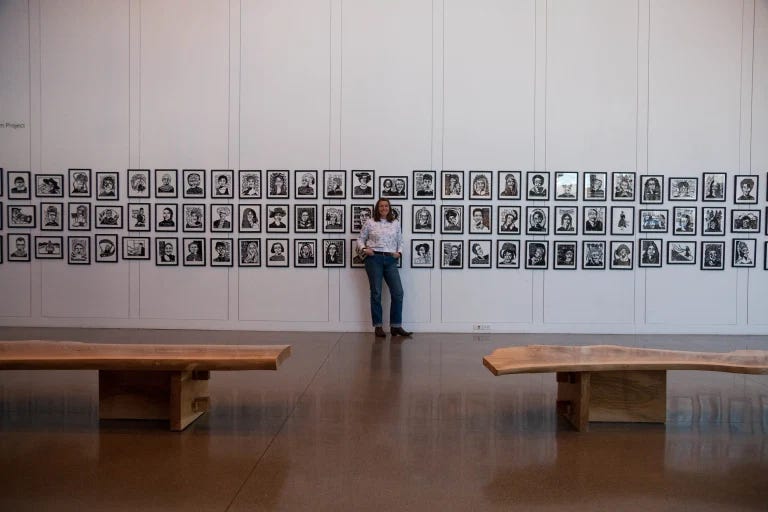
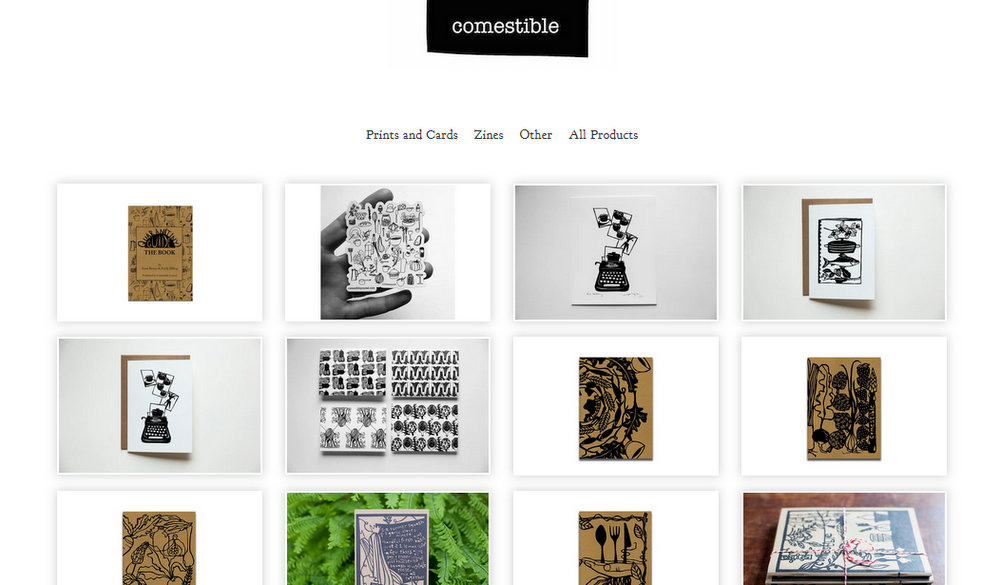
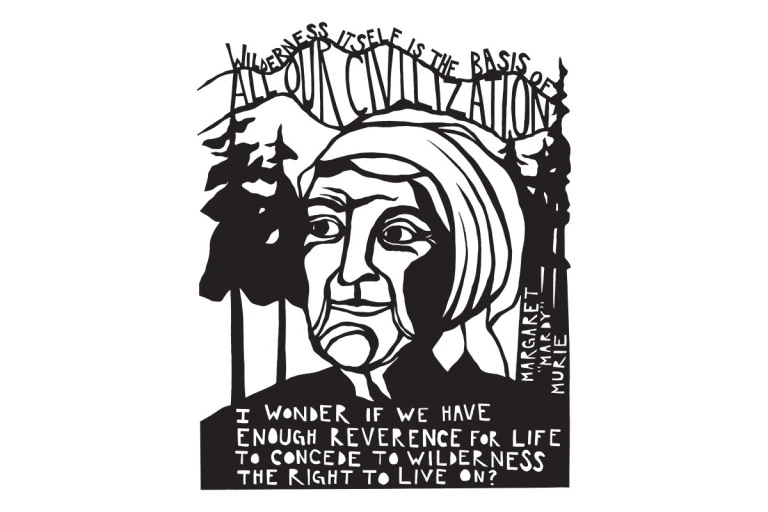
OMG it's Anna! When I was a travel writer, we used to write on the same circuits. So great to see her interview here!
Enjoyed this. Thanks